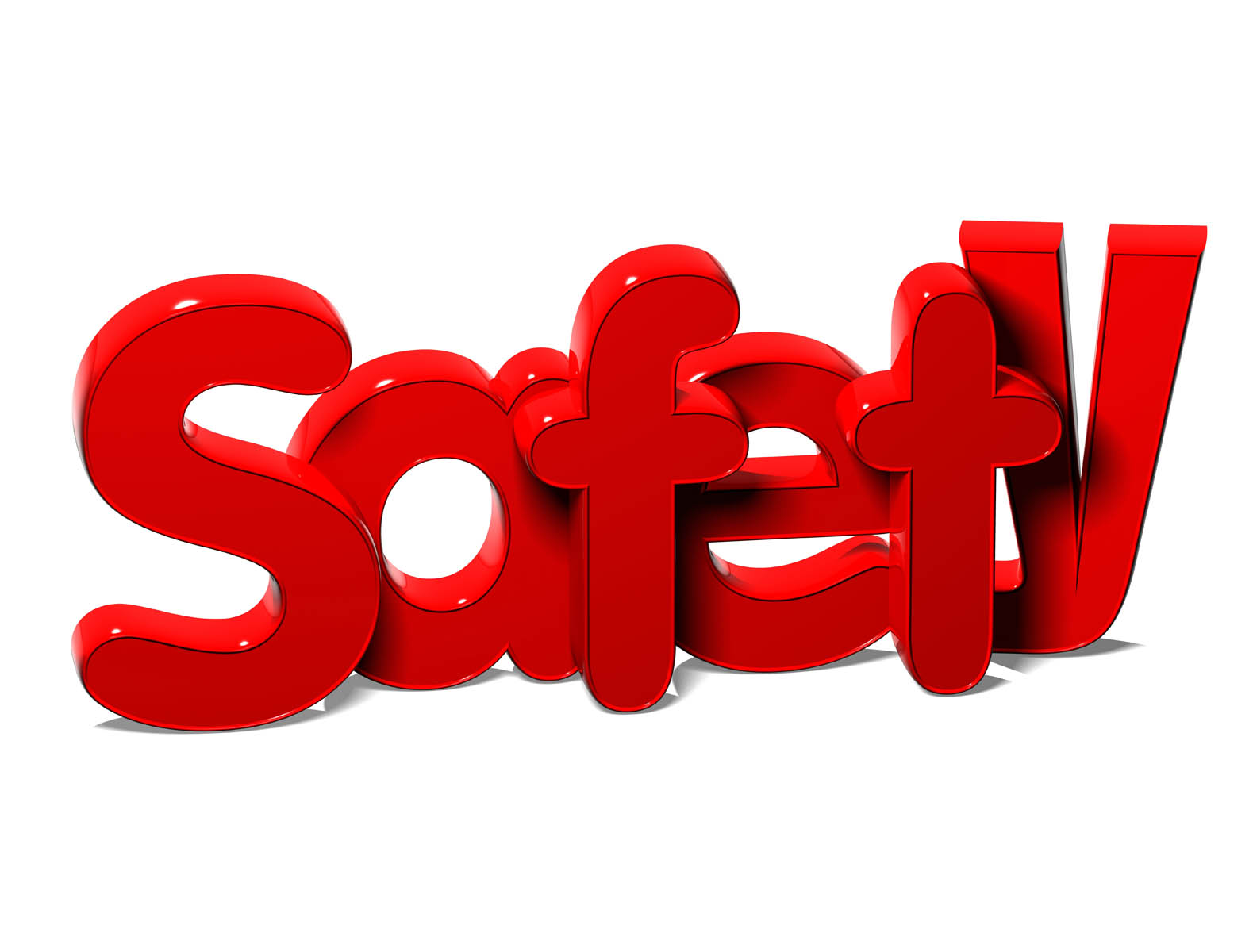If you are a commercial landlord letting out a property to a business, or businesses, you need to be very aware of the Regulatory Reform (Fire Safety) Act 2005. This means that you have legal responsibilities to undertake certain actions, such as carrying out a fire risk assessment, and if five or more people are employed in a building to keep a written record of it as well. As a commercial landlord, you would do well to keep a written record in any case.
However, what many people are not aware of is that the Fire Safety Act applies to all non-domestic buildings, and that includes those which are empty! Yes, you must carry out a commercial landlord fire risk assessment of your property even if it is standing empty, and on the market available to let or for sale. For that matter, even if it is not on the market at present.
Here is something else that you may not be aware of. According to Home Office estimates, there are 60 fires every day in or beside buildings that are empty, or derelict properties. If you think about it, things such as criminal damage, theft, and arson are much more common in empty buildings than in those which are occupied.
So, when you own an empty property, you have to comply with the law in the same way as if the building was occupied. This makes a lot of sense from your own standpoint because your investment in the building and maintaining it is critical, as it not only gives you the best chance of renting or selling it but ensures that it remains safe in the meanwhile. Potential buyers or renters will be much more inclined to proceed if it is obvious that you care about the building and do everything that you can to look after it.
Furthermore, you don’t want people breaking into your building and setting fire to it. If it is razed to the ground, it is going to have to be rebuilt, and that is going to take a considerable time and cost a lot of money. Not only that, but your insurance company will take a very good look at whether or not you were compliant with the law and had all the necessary fire alarms, extinguishers, and so on in place. If they find that you did not have, you may be not a little dismayed when they refuse to payout.
You most certainly need a fully functioning fire alarm system in an empty building because there is nobody present to give a warning or call the fire brigade, so the chances of a small fire turning into one which ravages the building are that much greater. The fire alarm system obviously needs to be monitored as well.
You also need to install emergency lighting because in the event of a fire it can increase the chances of the building being saved. If the electrical supply to the building is compromised, it provides a backup and will enable firefighters to find their way around. You might also want to think about installing security lighting with motion sensors which will deter trespassers or squatters from entering and causing havoc. Furthermore, having emergency/security lighting gives a further indication to potential renters or buyers that you look after the building.
If the building has a fire sprinkler system it may, or may not, be practical to keep it fully operational, and if this is the case you need to drain the system in order to prevent leaks resulting in water damage. However, if you keep it working you need to maintain it in accordance with British Standards and legal requirements because you could otherwise run the risk of being non-compliant with the requirements of your insurance policy.
You also need to make certain that you have the right type of fire extinguishers installed and in the right places. There are many different options, so you should seek professional advice.
At UK-Fire Risk Assessments, we can help by advising you on all of this, and also providing the fire risk assessment that you need to keep in order to be compliant with the law and to be able to prove to your insurance company that you have taken all necessary precautions in the event of a claim.

